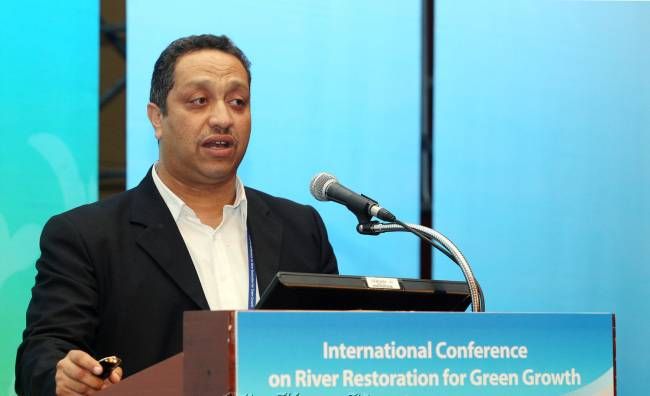Economic impact of COVID-19 variants: Is World ready for another wave?

At a World Economic Forum discussion in Davos, World Health Organization Director-General Dr. Tedros Adhanom Ghebreyesus warned that societies were 'still not prepared' for what could be on the horizon.
We must recognize that the emergence of COVID-19 variants presents not only a public health challenge but also a significant economic threat. These variants have the potential to disrupt global trade, undermine consumer confidence, and derail economic recovery efforts. It is imperative that governments, businesses, and international organizations work together to mitigate the economic impact of these variants, prioritize vaccination campaigns, and implement targeted measures to support affected industries and communities. Failure to address the economic consequences of COVID-19 variants could prolong the pandemic's grip on our economies and hinder our collective efforts towards a sustainable recovery.
Here poses the questions: Are the countries of the world ready for COVID-19 variants? What measures should be taken for this?
Speaking to Azernews, Nick Nwolisa, Economics teacher at the International School of Azerbaijan and Adjunct lecturer at Azerbaijan Technical University, noted that the lingering effects of COVID-19 persist even in 2023:

"Not all countries have recovered from the economic downturn created by mitigating the effects of COVID-19. For most countries, both the fiscal side of the economy and even monetary agencies are still working on ways to control the deflationary effect of COVID-19. So, any sudden shock through the emergence of new variants will definitely drastically affect the global economy."
He added that countries should continue implementing measures to ensure that consumers are still able to purchase goods and services while also ensuring that general production does not decline. Otherwise, countries will be faced with the double-edged sword of fighting inflation and unemployment, leading to increased cost of living, production, and reduction in product quantity on the shelves, which are equally unaffordable to the general population, eventually leading to recession.
"To prevent this, countries should take preventive measures and think of long-term strategies. This would entail early intervention in sectors such as small businesses that are mostly affected. It’s never too early to provide small businesses with conciliatory measures by purposefully reducing the tax burden and reallocating resources through budgetary funds to supplement small businesses, ensuring sustained productivity and curtailed unemployment," Nick Nwolisa concluded.
Dr. Nidal Salim, Director and founder of the Global Institute for Water Environment and Health (GIWEH Genève, Switzerland), stated in his interview with Azernews that when governments or the World Health Organization speak about this issue, they usually emphasize the need for governments to take measures:

"This can be presented in increasing the number of tests and implementing measures for the observation of COVID-19. In our opinion, measures need to be taken to prepare countries from an environmental perspective. Each country should prepare itself to cover its basic needs and the local market, such as through home farming, to ensure food security and reduce reliance on imports."
He added that governments must move quickly to prepare and cover the basic needs for their countries:
"Basic human needs such as food, health, water, and energy must be completely independent and covered by the country to avoid placing a burden on the economy. Governments should also develop policies and strategies for sustainable development based on a green economy, utilizing youth initiatives and encouraging technological advancements in agriculture and irrigation."
According to him, these measures are essential to reduce the impact of the looming economic crisis caused by factors such as COVID-19, political instability, and climate change."
---
Follow us on Twitter @AzerNewsAz
Here we are to serve you with news right now. It does not cost much, but worth your attention.
Choose to support open, independent, quality journalism and subscribe on a monthly basis.
By subscribing to our online newspaper, you can have full digital access to all news, analysis, and much more.
You can also follow AzerNEWS on Twitter @AzerNewsAz or Facebook @AzerNewsNewspaper
Thank you!

